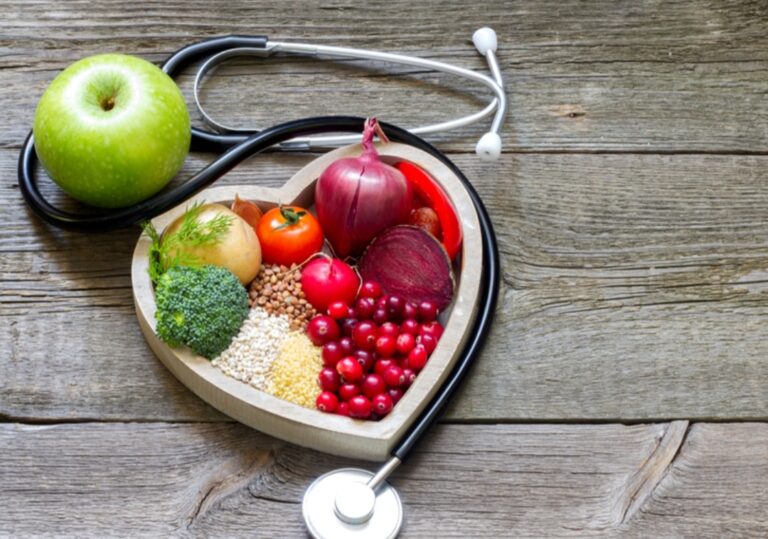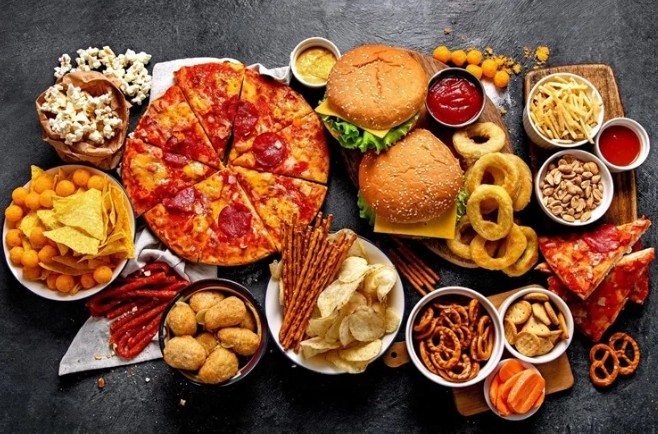Chronic health conditions are long-term illnesses that can’t be cured but can be managed. Examples include asthma, arthritis, diabetes, and heart disease. Many chronic conditions are associated with health problems such as obesity and high blood pressure. In turn, these problems are often attributed to diet and lifestyle.
Over 2500 years ago, the Greek physician Hippocrates said, “Let food be thy medicine and medicine be thy food.” Historians debate the accuracy of this quote, but Hippocrates clearly saw food as part of a holistic approach to health that included rest and exercise. In ancient Greece, however, the average lifespan was just 28 years of age. Childhood deaths lowered this average considerably.
Today, 90% of U.S. medical costs are linked to chronic conditions, many of which are related to diet. Sadly, children aren’t exempt from this alarming statistic. “The health of American children is in crisis” begins Make Our Children Healthy Again, a recent assessment by a presidential commission. Better known as the MAHA Report, this 68-page study takes a hard look at foods known as UFPs.
Ultra-processed foods, or UFPs, now account for 70% of an American child’s diet. There’s no single, universal definition of these products, but the MAHA Report defines them as “packaged and ready-to-consume products that are formulated for shelf life and/or palatability but are typically high in added sugars, refined grains, unhealthy fats, and sodium and low in fiber and essential nutrients.”
UFPs alone aren’t to blame for poor health outcomes, but there’s good reason to sound the alarm. As the MAHA report explains, ultra-processing “displaces nutrient-dense whole foods, resulting in a reduction of essential vitamins, minerals, fiber, and phytonutrients needed for optimal biological function.” The problem doesn’t end there either.
Consuming ultra-processed foods leads to greater caloric intake and, in turn, weight gain. Alterations that can rapidly increase a child’s blood sugar and insulin levels “could interfere with brain reward pathways and satiety hormones, promote faster eating, and compromise gut fullness signals,” the MAHA Report adds.
There’s also the issue of over 2,500 food additives. Red Dye 40 has been linked to behavioral issues in children, and a preservative called propylparaben may disrupt hormonal balance. Artificial sweeteners promise to reduce caloric intake, but they’re blamed for changes to the gut microbiome that are linked to obesity, metabolic issues, and possibly glucose intolerance.
Unfortunately, these aren’t the only chemicals that America’s children – and adults – ingest on our regular basis. That’s the focus of a future article.


